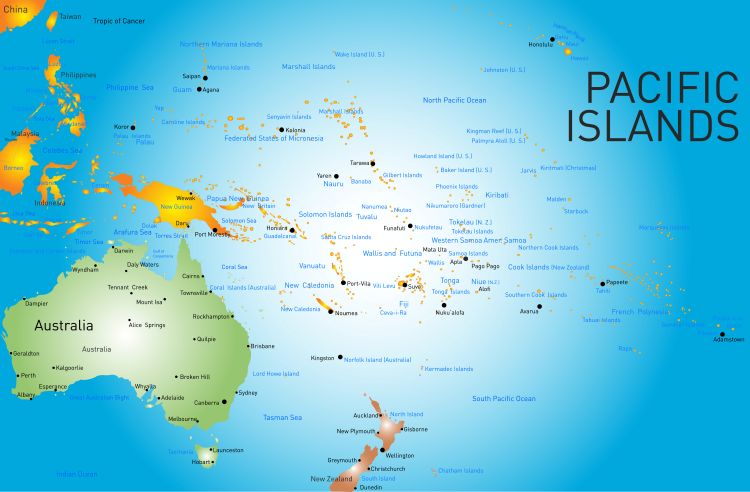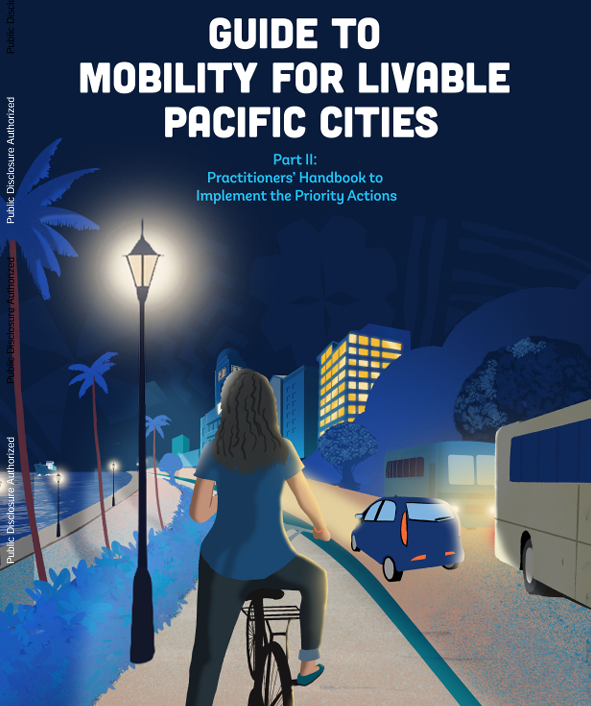Reducing car dependency in the Pacific Islands
Objective
Client
Location
Deliverable
Timeframe
Project Status
Background
John Lieswyn was recruited by the World Bank to join an international cast of subject matter experts producing a comprehensive report on ways to reduce car dependency.
The World Bank report is the first large-scale international effort to provide guidance on ten key moves that developing countries (especially those at most risk of climate change impacts) can take to reduce car dependency. Providing transport choices has multiple benefits - reducing transport emissions, keeping more money in the local economy, reducing severance caused by busy roads, improving road safety outcomes, and improving physical health. All these benefits are well-known, and the methods to achieve mode shift are also extensively used in advanced countries. However, these methods aren't as relevant to Pacific Island countries. As these countries refer to New Zealand road design standards, John's experience with multi-modal standards and guidance was key to the design sections of the report. John's contributions included reviewing the introduction and co-authoring the chapters on design, tactical urbanism, and "soft measures" (education & encouragement).
A feature story 'How Paintbrushes, Coconuts, and Fewer Cars Can Help Create More Livable Pacific Cities' with links to the final Guide (in two parts) is available here.
Part 2 of the Guide - Guide to Mobility for Pacific Cities, A Practitioners' Handbook to Implement the Priority Actions can be found here.




